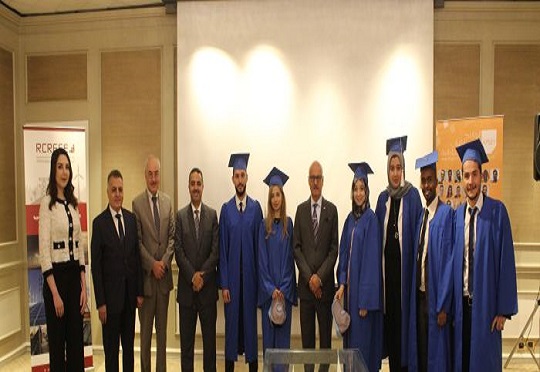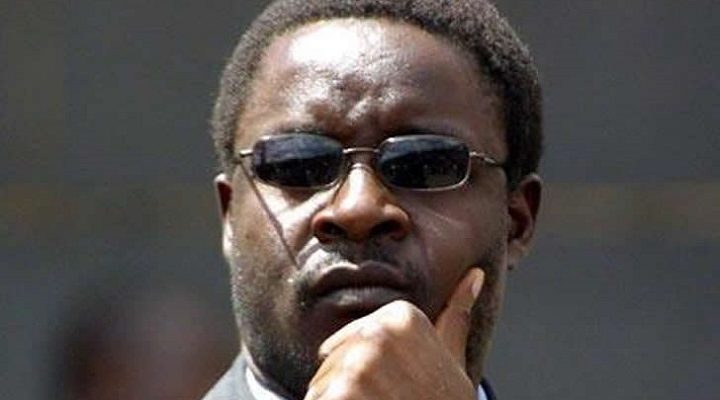The 164th Session of the Governing Board of the OPEC Fund for International Development (OFID) has approved over US$270 million of new funding to benefit developing countries across the globe.
The public sector loans, which total approximately US$154 million, will support the following projects:
In Europe, Bosnia and Herzegovina will be funded for the Construction of Hrenovica-Gorazde Expressway and Hranjen Tunnel. This will provide a more efficient and less expensive means of transport in a region where agriculture is a key sector. An estimated 900,000 people will benefit from the project (two loans of US$30m and €35m). The amount allocated is US$71m.
In Africa, Burkina Faso, Malawi and Mozambique will benefit from the funds. In Burkina Faso, the funds will go to the construction of Tougan-Ouahigouya Road. This will upgrade to 94 km stretch of the road to promote trade, improve links between production zones and the capital Ouagadougou, and enhance access to social services for around 250,000 people. The amount allocated is US$19m.
Malawi’s Nkhata Bay Town Water Supply and Sanitation will also benefit from this funding. It will lead to improvement in health and living standards for circa 124,000 people by rehabilitating and expanding infrastructure for potable water. The amount allocated is US$12m.
The Angoche Fishing Port in Mozambique will receive US$12m, to build a new port that will result in higher incomes for around 18,000 artisanal fishermen and enhance food security and socioeconomic development in the town of Angoche, Nampula province.
The rehabilitation of the A017 Road Corridor (Rakwana – Suriyakanda) in Sri Lanka will also receive the funds in order to repair an 18 km stretch of road in an area where lack of access to markets and social services hinders socioeconomic development. This project will receive US$40m.
Other approvals included seven grants totaling more than US$4.5 million to the following organizations:
Arab Organization for Agricultural Development. US$500,000. To boost food security and incomes in high-poverty rural households in the Darfur region through the construction/rehabilitation of water-harvesting and storage facilities, distribution of agriculture inputs and equipment, as well as capacity-building and outreach activities.
Deutsche Welthungerhilfe. US$345,000. To provide rural energy solutions in low-coverage areas in the provinces of Nangarhar and Parwan, Afghanistan. This will help foster socio-economic development and directly benefit circa 22,600 people and 45 small businesses.
Institut zur Cooperation bei Eintwicklungs-Projekten (ICEP). US$800,000. To improve the quality of programs focusing on technical and entrepreneurial skills in nine vocational training centers in Kenya and Uganda. Beneficiaries include 116 teachers/trainers, 4,200 young people and 2,700 small entrepreneurs.
International Federation of Red Cross and Red Crescent Societies. US$500,000. To enhance the resilience of host communities and improve living conditions of both local residents and refugees in Cox’s Bazar, Bangladesh, by providing safe and sustainable shelter and settlement solutions.
International Federation of Red Cross and Red Crescent Societies. US$1 million. To expand access to sustainable water, sanitation and hygiene services and promote hygiene in high cholera-risk districts of Ghana, Malawi and Rwanda. Activities will include rehabilitation and construction of water points and providing schools and households with improved latrines. Also planned are outreach/awareness raising and capacity-building programs, aimed at improving the health and wellbeing of about 115,000 people.
Light for the World. US$500,000. To help prevent the transmission of trachoma and waterborne diseases commonly associated with poor sanitation and hygiene in the Tigray Region of Ethiopia. Water points and latrines will be built/repaired in 50 schools and outreach activities carried out to benefit at least 25,000 schoolchildren.
Plan International. US$900,000. To deliver affordable and reliable modern energy in rural areas of Mali, Niger and Senegal by offering renewable energy services to over 4,650 women-led small- and medium-sized enterprises and 600 women’s savings-groups comprising around 21,000 members.
Under OFID’s private sector facility, US$42 million was approved to help enhance the energy sector in Bangladesh and support a financial institution in Cambodia to expand its lending activities to micro-, small- and medium-sized enterprises. Under OFID’s trade finance operations, US$70 million was approved to help boost the garment production industry in Jordan and support international trade activities in Bangladesh and Georgia.


